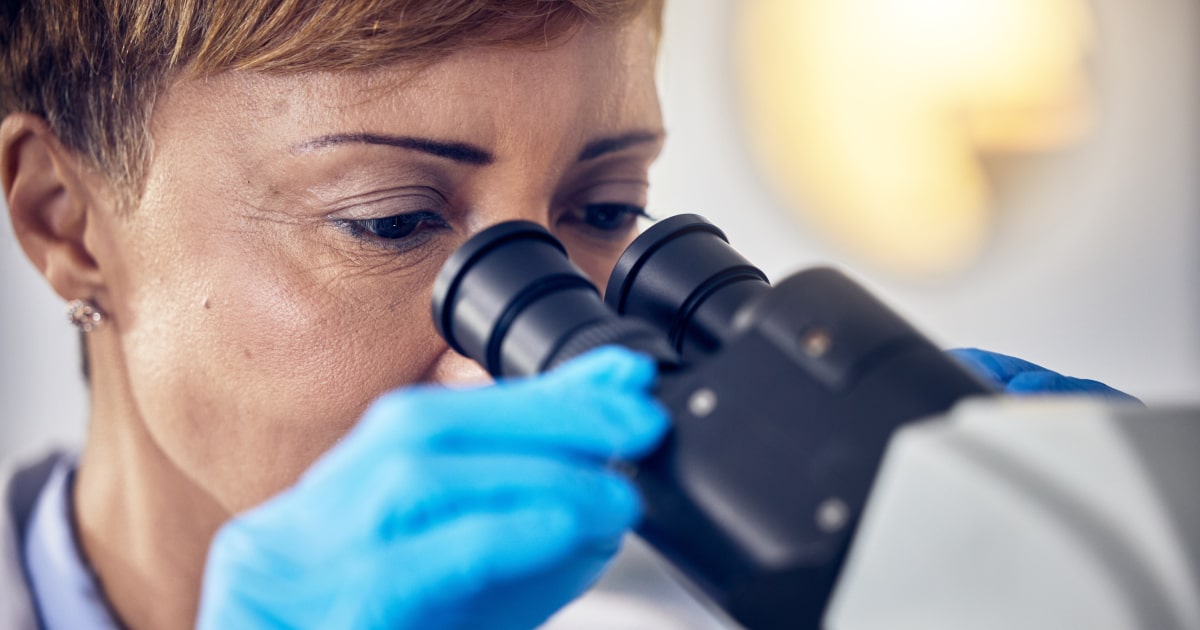
Expert Reviewed By: Dr. Brandon Colby MD
```htmlBasan syndrome, also known as hereditary congenital adermatoglyphia, is an extremely rare genetic disorder characterized by the absence of fingerprints, among other symptoms. This condition is not just a curiosity but a significant medical concern that can affect various aspects of an individual's life. In this article, we will delve into the intricacies of Basan syndrome, how it is diagnosed, and the role of genetic testing in its management.
What is Basan Syndrome?
Basan syndrome is a genetic disorder primarily affecting the skin. Individuals with this condition are born without the typical ridged skin patterns on their fingers, palms, toes, and soles that form fingerprints and footprints. Besides the absence of dermatoglyphs, patients may also experience other symptoms such as reduced sweating (hypohidrosis), abnormal tooth development, and facial skin anomalies.
The syndrome is inherited in an autosomal dominant manner, meaning that only one copy of the altered gene is sufficient to cause the disorder. The mutation responsible for Basan syndrome occurs in the SMARCAD1 gene, which plays a crucial role in skin development and function.
Diagnosing Basan Syndrome
Diagnosing Basan syndrome can be challenging due to its rarity and the subtlety of its symptoms. However, a combination of clinical evaluation and genetic testing can provide a definitive diagnosis.
Clinical Evaluation
Initial diagnosis often begins with a clinical evaluation. Physicians look for the hallmark sign of Basan syndrome - the absence of fingerprints. Additional symptoms such as hypohidrosis, dental anomalies, and facial skin issues are also considered. A detailed family history can provide clues, as the disorder is typically inherited.
Genetic Testing
Genetic testing is the cornerstone for confirming a diagnosis of Basan syndrome. By analyzing the DNA of the affected individual, healthcare providers can identify mutations in the SMARCAD1 gene. Once the mutation is identified, it not only confirms the diagnosis but also helps in understanding the inheritance pattern and potential risks for future offspring.
Uses of Genetic Testing in Basan Syndrome
Confirming Diagnosis
As mentioned earlier, genetic testing is crucial for confirming a diagnosis of Basan syndrome. By pinpointing the exact mutation in the SMARCAD1 gene, healthcare providers can definitively diagnose the condition, which is particularly important given its rarity and the potential for misdiagnosis.
Family Planning and Genetic Counseling
Genetic testing plays a vital role in family planning and genetic counseling. For individuals with Basan syndrome or those with a family history of the disorder, genetic counseling can provide valuable information about the risks of passing the condition to future generations. This information can help families make informed decisions about having children and consider options such as preimplantation genetic diagnosis (PGD) to reduce the risk of transmission.
Research and Personalized Medicine
Genetic testing contributes to research efforts aimed at understanding Basan syndrome better. By studying the genetic mutations and their effects, researchers can develop targeted therapies and interventions. In the future, personalized medicine approaches could be tailored to address the specific genetic makeup of individuals with Basan syndrome, potentially improving their quality of life.
Conclusion
Basan syndrome is a rare genetic disorder with distinctive characteristics such as the absence of fingerprints. Diagnosing this condition involves a combination of clinical evaluation and genetic testing, with the latter playing a pivotal role in confirming the diagnosis and guiding management. Genetic testing not only aids in the diagnosis but also provides critical information for family planning, genetic counseling, and research. As our understanding of Basan syndrome continues to grow, so too will the opportunities for improving the lives of those affected by this unique condition.
For more information on genetic testing and related research, please visit Semantic Scholar API.
```About The Expert Reviewer
Dr. Brandon Colby MD is a US physician specializing in the personalized prevention of disease through the use of genomic technologies. He’s an expert in genetic testing, genetic analysis, and precision medicine. Dr. Colby is also the Founder of and the author of Outsmart Your Genes.
Dr. Colby holds an MD from the Mount Sinai School of Medicine, an MBA from Stanford University’s Graduate School of Business, and a degree in Genetics with Honors from the University of Michigan. He is an Affiliate Specialist of the American College of Medical Genetics and Genomics (ACMG), an Associate of the American College of Preventive Medicine (ACPM), and a member of the National Society of Genetic Counselors (NSGC)